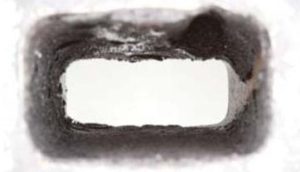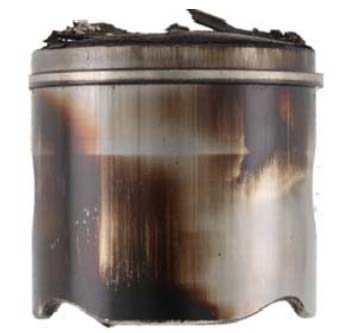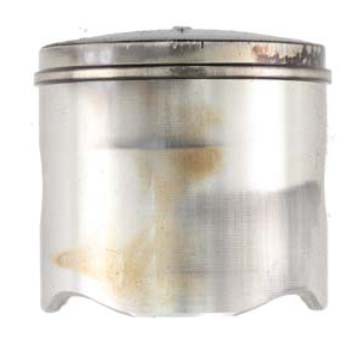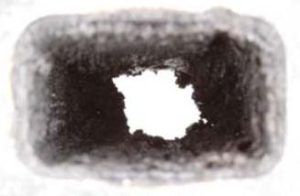Just the Facts: The ECHO String Trimmer Technical Study
As my friends and family will attest, I have a wide range of interests, but small-engine repair has never been a hobby of mine. Nevertheless, because I own a little property, I’ve had to own all the basic equipment necessary to maintain it, from chainsaws to lawnmowers and snowblowers to string trimmers. And because I’m frugal and adventurous, I’ve figured out how to fix all kinds of mechanical problems over the years. Even though I dislike it when things breakdown, I simultaneously enjoy the process of trying to figure out how to fix them.
(As an aside, in all my years owning equipment, I’ve never once had a single engine-related problem to fix because I have always run AMSOIL synthetic lubricants. But I have run into every other conceivable type of mechanical issue, it seems, from flat tires to snapped belts. I also know what happens when a cutting blade hits an immovable object.)
In this article, I’ll be discussing matters pertaining to ECHO®-branded string trimmers. ECHO trimmers use a two-stroke engine. If you’ve ever wondered why string trimmers, edgers and other portable equipment use a two-stroke engine, it’s this: it has to do with the power-to-weight ratio. These engines, compared to your four-stroke automobile engine, have far fewer moving parts. This means they can be more compact and weigh a lot less. They also produce power every rotation of the crankshaft as opposed to every other rotation, as in a four-stroke engine. Can you imagine strapping a Ford motor over your shoulder and walking around wielding that all day?
One of the problems with gasoline-powered two-stroke engines is that they produce more exhaust emissions than four-stroke engines. For this reason our government mandates that two-stroke equipment produce less exhaust emissions. To comply, some original equipment manufacturers (OEMs) design their equipment to run on leaner fuel/oil mixtures. Burning more air and less fuel/oil, however, also increases heat. To withstand this intense environment and ensure equipment lasts as designed, modern two-stroke oils must demonstrate improved wear protection and detergency.
Against this backdrop, the AMSOIL tech team tested AMSOIL SABER® Professional Synthetic 2-Stroke Oil and ECHO Power Blend® XTended Life® Universal 2-Stroke Oil in ECHO string trimmers in our mechanical test lab. After 300 hours of operation, the trimmers were disassembled and inspected.
When all was said and done, we published a technical study that includes photos of all the various components, including piston rings/piston skirts, piston crowns/undercrowns, wrist pins and bearings, exhaust ports and spark arrestor screens. We also showed data of RPM and spark-plug temps.
Here are a couple pairs of photos that show the difference your oil selection can make.
AMSOIL SABER Professional (300 hours)

ECHO Power Blend (300 hours)

The results are pretty dramatic in this lab test designed to simulate a full season of real-world use. AMSOIL SABER Professional Synthetic 2-Stroke Oil provides excellent protection for ECHO brand string trimmers.
The report concluded that “SABER Professional outperformed ECHO Power Blend XTended Life Universal 2-Stroke Oil by providing improved resistance to piston deposits, crankcase deposits and exhaust port blocking. Due to its ability to limit exhaust-port and spark-arrestor-screen deposits, SABER Professional protected against rpm loss 21 percent better*, resulting in reliable operation. The latest generation of SABER Professional meets or exceeds the increased performance requirements of ECHO SRM 225 trimmers.”
In short, this oil is pretty darn good and the company fully supports the use of SABER Professional as a replacement for ECHO Power Blend XTended Life Universal 2-Stroke Oil, and warrants its use according to the AMSOIL Limited Liability Warranty.
*Based on 300-hour lab tests of eight ECHO string trimmers using AMSOIL SABER Professional Synthetic 2-Stroke Oil and ECHO Power Blend XTended Life Universal 2-Stroke Oil, both mixed at 50:1.









